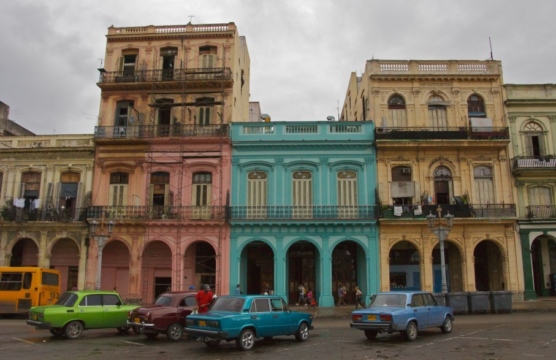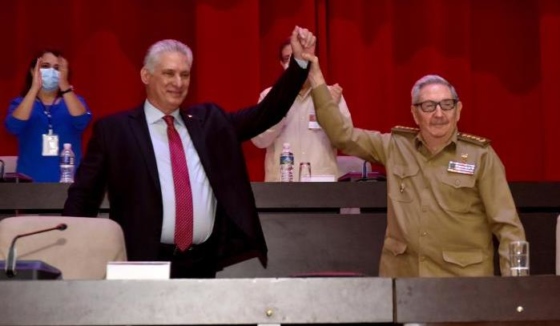
Will the End of the Castro Era Mean Change in Cuba?
A Latin America Advisor Q&A featuring experts’ viewpoints on the end of the Castro era in Cuba and what it means for the country.
A Latin America Advisor Q&A featuring experts’ viewpoints on the end of the Castro era in Cuba and what it means for the country.
Michael Shifter, president of the Inter-American Dialogue, spoke with Frederic Puglie of The Washington Times about the current situation in Cuba, Nicaragua, and Venezuela. The conversation also explored how the incoming Biden administration will deal with the leaders of these left-leaning countries.
Lenier González escribe esta reseña sobre el libro del noruego Vegard Bye que intenta explicar por qué el Gobierno cubano paralizó en 2016 el proceso de reformas iniciado por Raúl Castro.
On September 11, 2019 the Inter-American Dialogue hosted the event “Weaponizing Justice: Rule of Law and Cuba’s New Constitution” to discuss rule of law in Cuba under its new April 2019 Constitution.
Far from a fundamental rethinking of the political framework, Cuba’s new constitution is a cautious attempt at salvaging a dysfunctional system.
What are the top factors driving Cuba’s economy, and how will they perform in the year ahead?
Cuba has a new head of state in President Miguel Díaz-Canel. However, the residual power of the revolutionary generation means the rejuvenation of the island’s political elite is only getting started.
On February 22, the Inter-American Dialogue in partnership with the Brookings Institution’s Latin American Initiative hosted an event to discuss the political and economic challenges Cuba will face amidst a presidential transition. This event was moderated by Michael Shifter with panelists Richard Feinberg from the Brookings Institution and William LeoGrande from American University.
A year following the death of Cuban leader Fidel Castro, the relationship between the U.S. and the island nation has dramatically changed. To discuss this and more, President of the Inter-American Dialogue, Michael Shifter spoke with CGTN’s Susan Roberts.
Jorge I. Domínguez discusses Cuba’s political future at a private roundtable
Cuba’s parliament has approved Miguel Díaz-Canel as Cuba’s first vice president. What will this mean for Cuba?
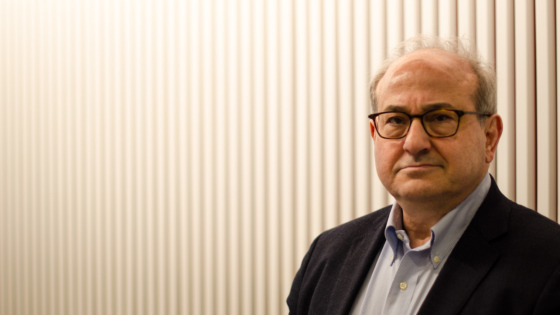
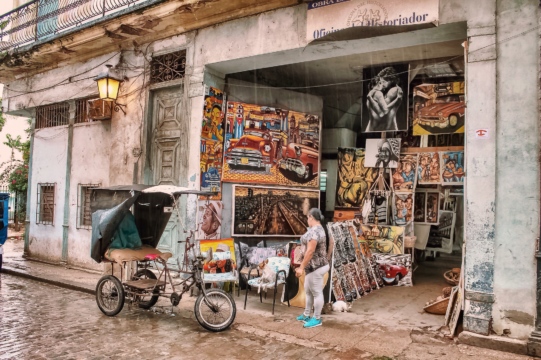
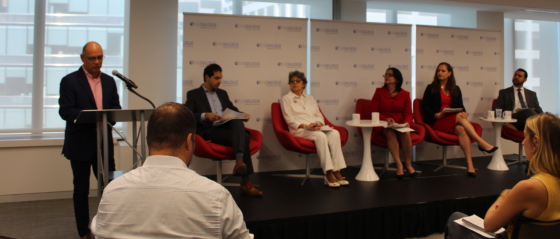 Video
Video
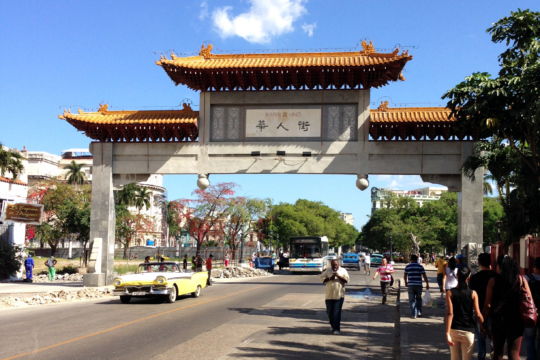
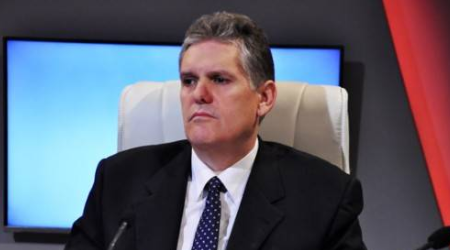
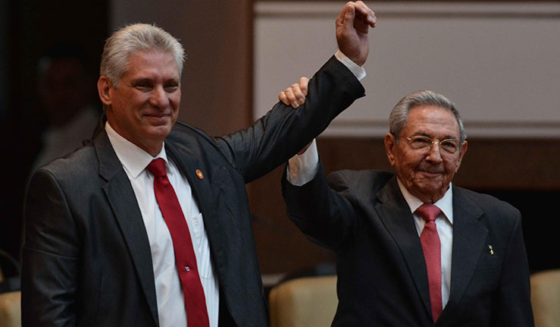
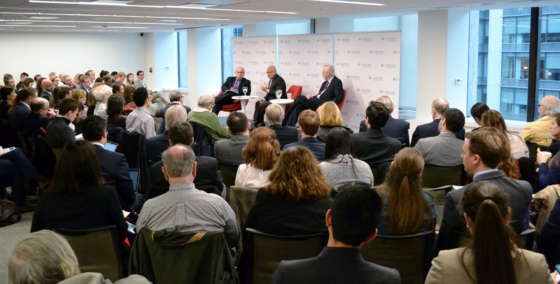
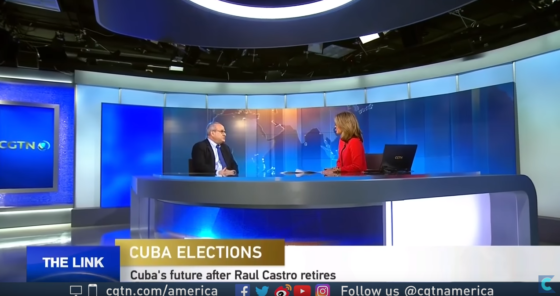 Video
Video
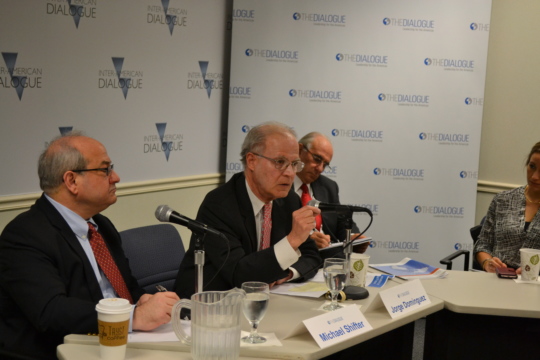 Video
Video
